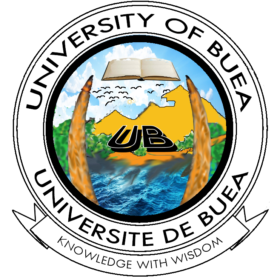This work seeks to define macro sociological factors that account for individual multilingualism in Lower Fungom (a rural area located in the North West Region of Cameroon). It attempts an exposition of multilingualism in pre-colonial times in LF and highlights the importance of gathering data from an ethnographic perspective, thereby revealing possible language choices. The immediate reasons for focusing on the above mentioned points were prompted mainly by the scarcity of literature on rural multilingualism and the lack of attention paid to pre-colonial rural multilingualism. Thus, a sociolinguistic survey was carried out with a fine-grained ethnographic questionnaire which handled both linguistic and ethnographic information. The sample was biased towards old people and men because of possible revelations that such a sample was appropriate in our quest for reasons of high rates of multilingualism in LF. The data collection and analyses revealed that significant rates of multilingualism in the area are explained socially in terms of blood relations, marriage, in-laws, perceived proximity and similarity, religion, education, individual relations and movements. Also, the data suggests evidence of pre-colonial multilingualism explained in terms of trade, dependability and search of security. The absence of a lingua franca and the topography of the area are favourable conditions for learning local languages. The ethnographic approach we employed in data elicitation revealed a true sociolinguistic picture of the Lower Fungom people in that it enabled us see beyond (thick descriptions) apparent belief. Our understanding of the dynamics of language use in rural areas as opposed to urban ones was thanks to this approach. The local language ideologies of the Lower Fungom people which consist of creating the maximum number of social networks for their own benefits (economic, political and social) underlie whatever sociological factors that account for high rates of multilingualism in LF.
